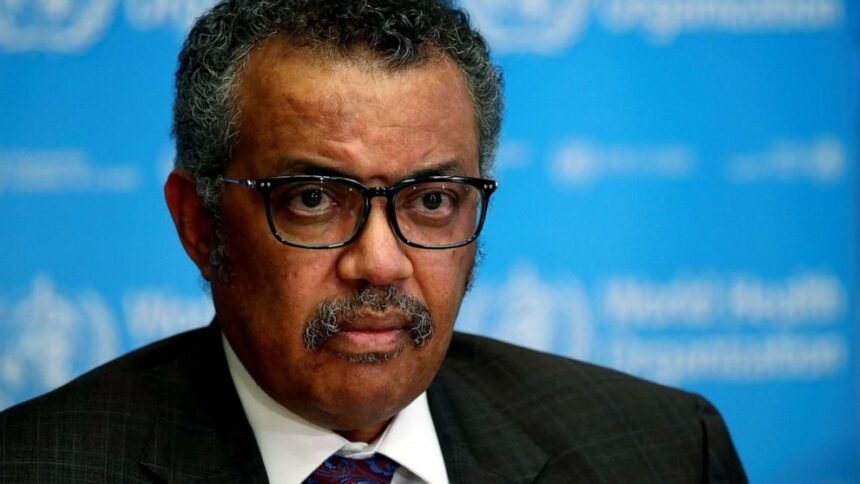The Director-General of the World Health Organization (WHO), Tedros Adhanom Ghebreyesus, has issued a warning that the world needs to prepare for the next pandemic, which could potentially be even deadlier than the ongoing COVID-19 pandemic. Despite the stabilization of COVID-19 cases in many parts of the world, Mr. Tedros emphasized that the end of the global health emergency does not mean the end of the global health threat posed by COVID-19.
During his presentation at the 76th World Health Assembly, Mr. Tedros highlighted the possibility of new variants emerging and causing surges of disease and death. He also underscored the risk of another pathogen emerging with even greater potential for harm. In light of these concerns, he stressed the importance of being prepared to respond decisively, collectively, and equitably when the next pandemic arises.
In addition to the specific threat of pandemics, Mr. Tedros acknowledged that the world faces various other overlapping and converging crises. He emphasized the need for effective global mechanisms that can address and respond to emergencies of all kinds. This broader perspective reflects the understanding that pandemics are not the sole threat to global health and well-being.
The WHO Director-General further highlighted the significant implications of COVID-19 for health-related targets outlined in the Sustainable Development Goals (SDGs), which have a deadline of 2030. The pandemic has disrupted progress towards achieving the SDGs, including the Triple Billion targets announced at the 2017 World Health Assembly. These targets aim to ensure one billion more people have universal health coverage, one billion more are better protected from health emergencies, and another billion enjoy better health and well-being.
Despite the setbacks caused by the pandemic, Mr. Tedros stressed the importance of remaining committed to the SDGs and pursuing them with urgency and determination. He emphasized that the pandemic has demonstrated why the SDGs must continue to serve as a guiding framework and why efforts to achieve them should not waver.
As the world grapples with the ongoing COVID-19 pandemic, Tedros Adhanom Ghebreyesus’s warning serves as a reminder of the need for ongoing vigilance and preparedness. It highlights the importance of global cooperation and the development of robust systems to detect, respond to, and mitigate future pandemics. By heeding this call and remaining dedicated to the SDGs, the international community can work towards a healthier and more resilient future.
